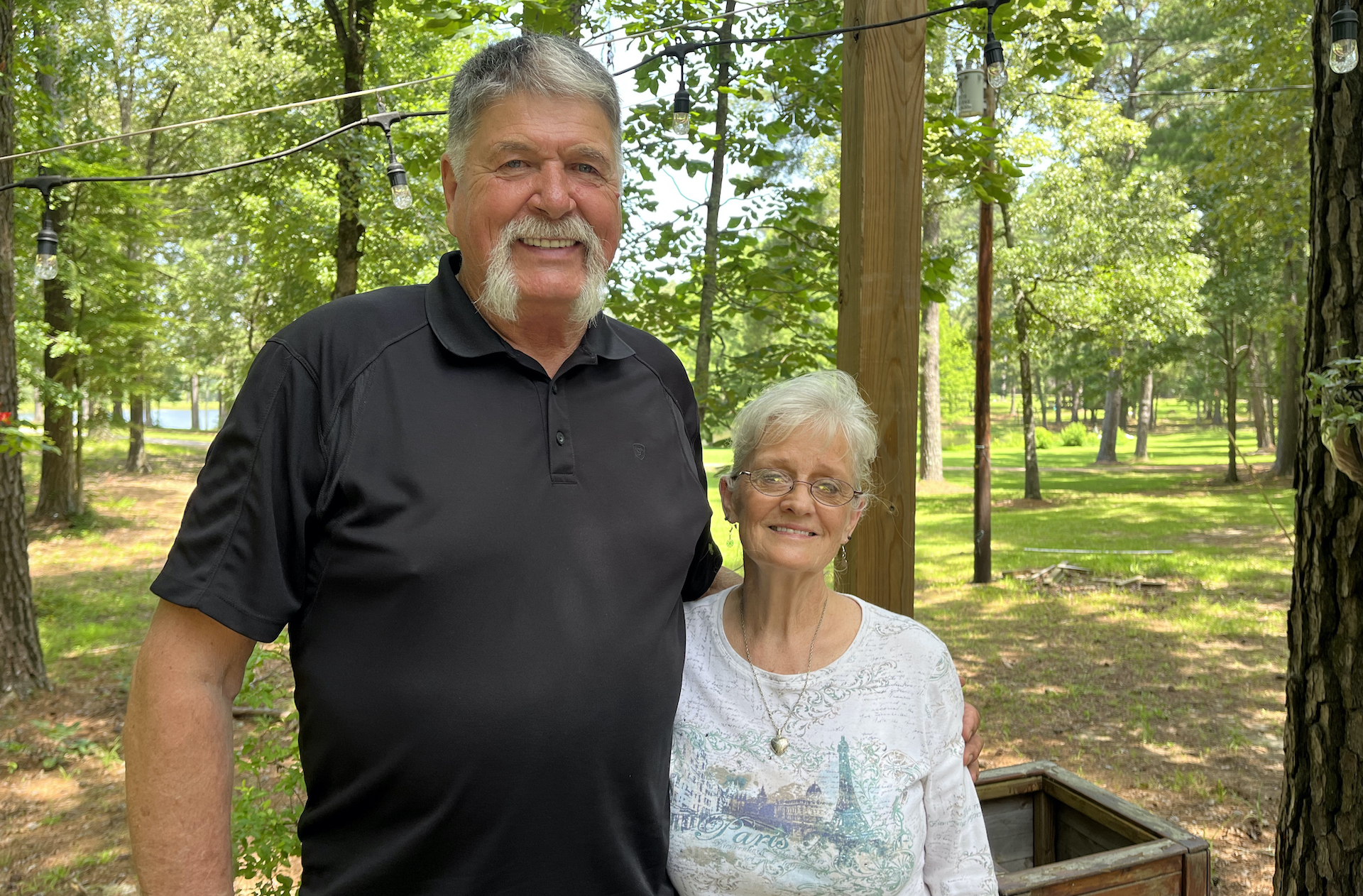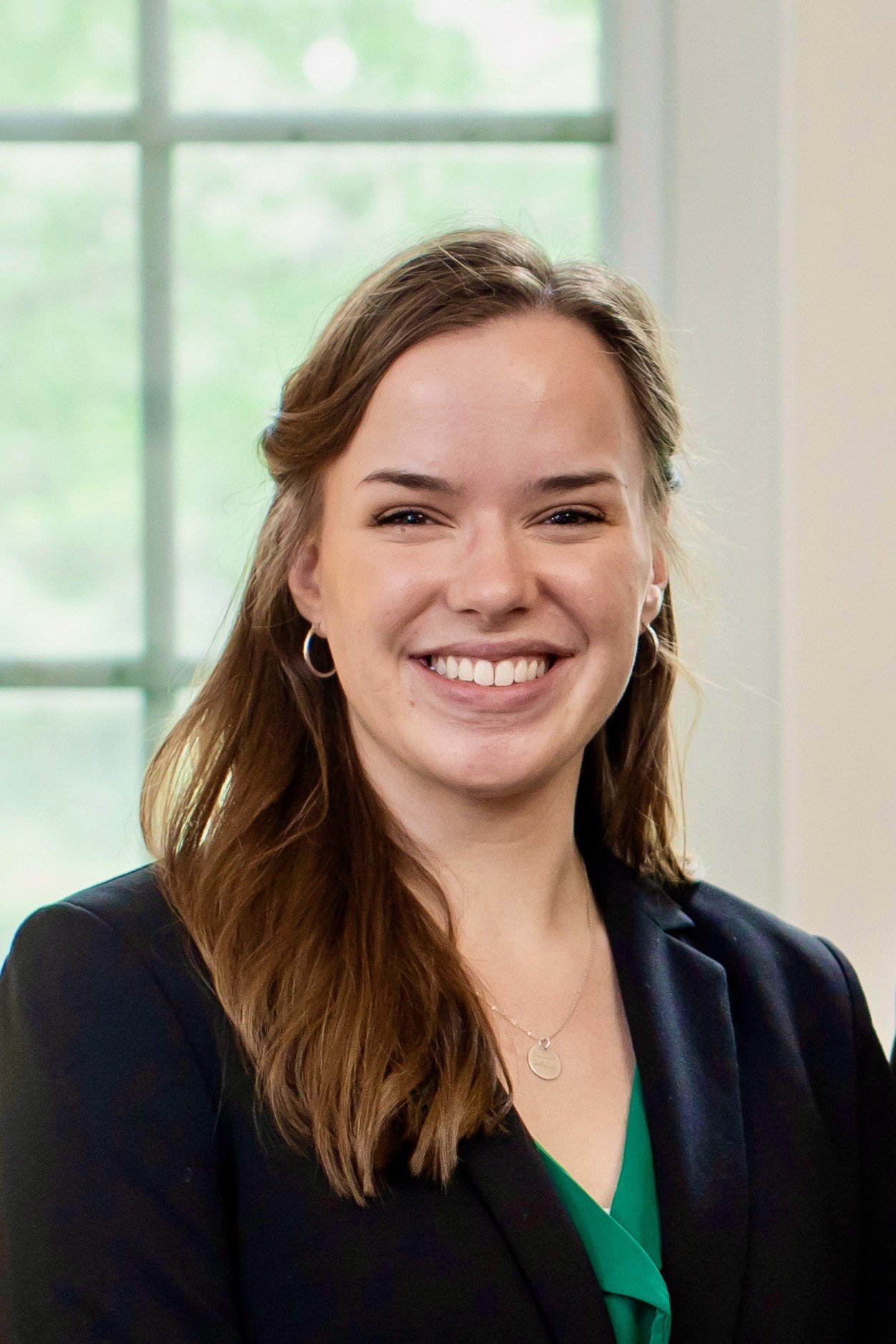Offering hope to those who need it most

A piece of chocolate and a word of encouragement.
That’s how the Buried Treasures Home began.
Nikki Benz’s obedience to the Lord led her to the cold walls of the Hinds County jail in downtown Jackson. The jail, at that time nearly two decades ago, was located around the corner from First Baptist Church where Nikki was a member.
“Nikki would leave church and go around the corner to the jail where she led a Bible study on Sunday afternoons,” said Phillip Brown, director of the Buried Treasures Home. “It was a Bible study for prostitutes who had been arrested. Nikki carried chocolate candies in the shape of a treasure box and would go around the room to each one of those ladies and give them a piece of chocolate and tell them, ‘You are a treasure from the Lord.’”
During Nikki’s early days of ministry, she watched in disappointment as so many women would “graduate” as they called it when they got out of jail but then end up right back behind bars. Nikki asked one of the repeat offenders why she was back in jail, and she answered, “Ms. Nikki, I’ve got to make a living. I have no place else to go. What else can I do?”
Those words echoed in Nikki’s mind and she and her husband Dick opened their Clinton home to the women who participated in the Bible study as they left the jail. That was the meager beginnings of Buried Treasures Home which, today, sits on a 65-acre piece of land and offers a chance at a new life to the women who participate in the program.
Now located in Byram, the home is run by Phillip and Karen Brown. The Browns served on the mission field in West Africa until 2003, then planted cowboy churches across Arkansas until 2020 when they were called to Buried Treasures Home.
At Buried Treasures Home, the women participate in classes that help with life change, anger management, family and children, and optional Bible studies. The home keeps an 80 percent rate of success in regard to recidivism.
Programs like these aid in helping women turn away from addiction, co-dependency habits, and occasionally provide recovery for victims of human trafficking. Transition homes help with regulating emotions and learning how to build healthy relationships. Just as those entering a different environment experience culture shock, those who have been incarcerated not only experience that culture shock but also a time shock. These individuals haven’t been in the real world for years and are often coming from broken homes or unhealthy influences. Buried Treasures fills those cultural voids left by their old lifestyle with a new life away from crime and a place to heal.
“When they leave prison, they need that coming away time. They need to get away from that environment long enough for their thinking to change – long enough for emotions to calm down so they can begin to see real life and what it means and the value in it.” said Karen Brown. “Because they have been in that addiction for so long, the only value they see is what they can get from someone else.”
Transition can be frustrating and overwhelming. At Buried Treasures, residents begin with a 30-day transition period that includes counseling, communication of expectations, and sorting logistics of parole.
“We do practice grace, if we had them gone for any infraction, there would be nobody here,” said Phillip.
The next stage is transformation which consists of 90 days. Residents sign a 90-day commitment and are provided with opportunities to grow spiritually, relationally, and emotionally. Healthy family reconnections are encouraged as classes on emotional health, life skills and work continue.
The final stage of the program is trusting. This stage ranges from 60 – 240 days and helps the women build spiritual trust and trust in others as they reenter society. In this stage, off-campus education access and work may be allowed. Graduation from Buried Treasures home happens after completing the trusting phase.
“We haven’t been here long enough to see how they are doing long-term, but we can see the lives of the ladies that have gone through this same program and graduated, and we do have relationships with them,” said Karen.
Buried Treasures assists the women in getting birth certificates, social security numbers, IDs, and driver’s licenses. The women also take classes to learn how to live as law-abiding citizens.
“We have to restore their identity when they come in. They have no form of identity other than a mug shot and a wrap sheet from the prison,” said Phillip.
Tasks that should be simple like getting an ID so that they can go to work are sometimes insurmountable. It is a barrier that many leaving incarceration face, but groups like Buried Treasures help navigate those difficulties to help ensure that their residents are set up for success. Without it, hope for a brighter future is lost.
“If there is no hope what is there? People have to have hope of change, hope of better life, hope of tomorrow, hope of the future. If we don’t have hope and we’re just going through the motions what’s the point?” said Karen, “That what we are here to do is show ladies there is hope and to share how the Lord has changed their life.”
You can help provide second chances in Mississippi. Please sign the petition below.
